Alright, let’s get down to it – what is slow travel? Be honest, when you first heard the term part of you assumed it was coined by another ‘wellness’ expert, who only able to afford the cheapest and slowest means of transport during their gap yahs, decided to then tell the rest of us how to do it, right?!
Call me cynical, but my natural instinct is to eschew mass opinion and the latest trend, especially when the slow travel movement seems to have more clarity regarding what it’s not rather than what it is.
But the reality is that many of you have probably always been slow travelers, and it has always been my preferred style of seeing new places. It’s how I’ve lived, worked and traveled for most of my life, and it’s how I also run TTT’s sister tour company, Venture Vienna.
So, rather than jumping on another unnecessarily divisive bandwagon, it’s probably more helpful to be talking about a more attainable and inclusive form of slower travel, which promotes alternatives to flying, helps us all to connect more, and encourages us to think more critically about where we visit, when, and why.
THE CURRENT PROBLEM WITH HOW WE TRAVEL
Flying is cheaper now than it has ever been, and (dare I say it?) the world has opened up due to low-cost airlines. People have opportunities to gain new perspectives and to expose themselves to new cultures more than at any time in human history.
In theory, this should be a good thing for our species, but at the same time, the unstoppable rise of the internet now also means that many of us inhabit comfortable, algorithm-driven echo chambers, leading us towards the same ‘must-do’ travel experiences and bucket lists.
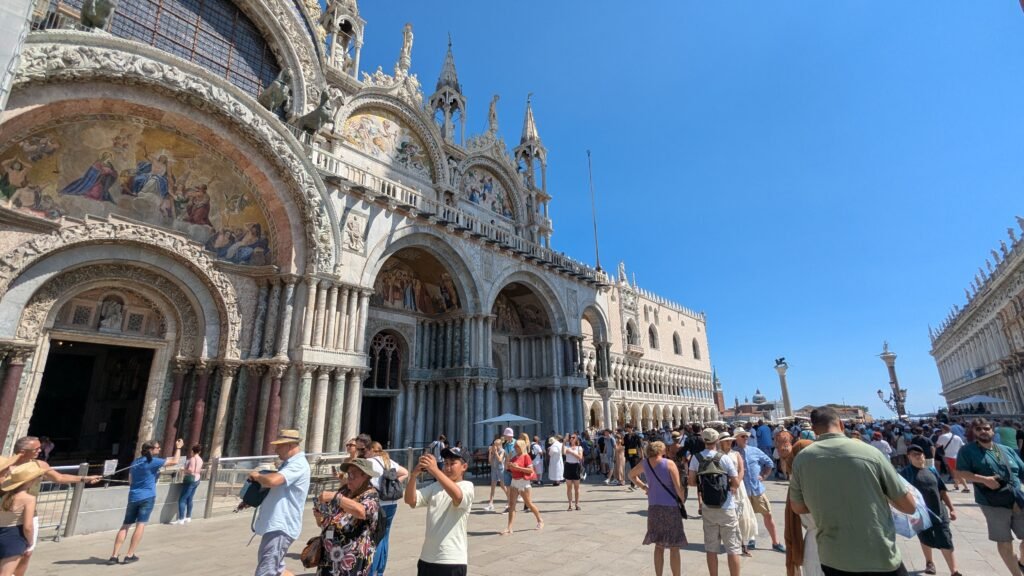
I call this ‘tick-box travel’ i.e jam-packing your itinerary with the same well trodden activities, such that your experience becomes watered down, impersonal and hurried. I can’t imagine that this style of tourism provides much insight to the individual traveler (other than information they could already find on Google), nor benefit to the weary local host who is unable to make genuine connections with his/her guests given the sheer volume of tourists they receive.
Maybe some people don’t care about this, but I certainly do. It’s hard to live like a local when you’re surrounded by 17 other tourists and being herded through the narrow streets of a new city at pace.
What's Lost When we Fly?
I reckon there’s something disturbingly mundane, anonymous, and even a little entitled about flying short-haul, as we lose concept of the real distance traveled. Slower means of travel (trains, ferries, bikes, piggybacks, horse and cart etc.) give you a natural sense of anticipation, excitement and awe as you gradually see (and therefore understand) what it means to move over long distances into different latitudes, longitudes, lands and cultures.
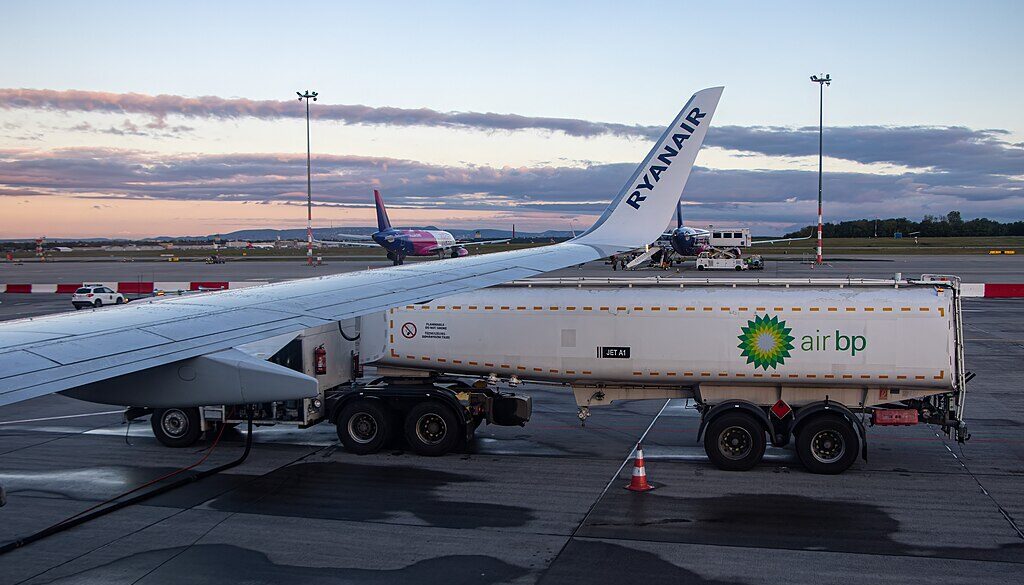
This all-important sense of anticipation became one of the first victims of the era of cheap air travel (other than our atmosphere and a few birds, of course). When was the last time that you genuinely enjoyed flying, or was it merely a means to an end? Shouldn’t the journey be fun too?
WHAT IS SLOW TRAVEL - A MANIFESTO
Considering the unstoppable expectation and drive that we humans have for making everything as easy as possible, slow travel can be hard to do well, or even at all these days. I’m not anti-flying, by the way, and I recognise that in many cases viable alternatives just don’t exist, or are too damn expensive, so my aim here is just to simplify the concept of what slow travel is.
I believe that the principles of slow travel revolve around the decisions you make before and during your holiday. These tend to span the following areas:
- Where you visit;
- What time of year you travel;
- How you travel (plane, train, ferry, car etc.);
- How you get around once there;
- Where you stay & what you do;
- Where and what you eat & drink;
- If and how you engage with nature/local people;
- What you learn about the place you’re visiting
So, even if you decide to use public transport instead another Uber, then that’s a form of slower travel. If you decide to visit Venice or Lisbon in winter instead of July, then that’s a form of slower travel. It doesn’t have to be complicated, and you certainly don’t have to be perfect! I myself fly regularly – I wish I didn’t have to but I often just don’t have the time nor money to take a train instead.
Any decision that relates to any or all of the above can contribute towards learning about a place, reducing emissions, supporting the local economy, or simply towards enriching your holiday. These are the areas that I like to focus on and write about here at The Travel Tortoise.
The Benefits of Slow Travel
Great travel is all about feeling connected, and in my view, that’s generated by the landscapes, experiences and people you meet along the way. Observing different people and cultures may also help you to better understand the world, and your place in it a little more. It helps me to feel less isolated, more connected, and more in tune with my fellow humans at least.
At the end of the day, nothing really makes you a slow traveler and nothing prevents you from being one, because it’s not an identity. It’s just a term that someone made up, that a few other people thought was cool, cos it might encourage others to get involved. So be realistic and travel in whatever style that helps you to better understand and connect with a place, be it nature, food, or people.

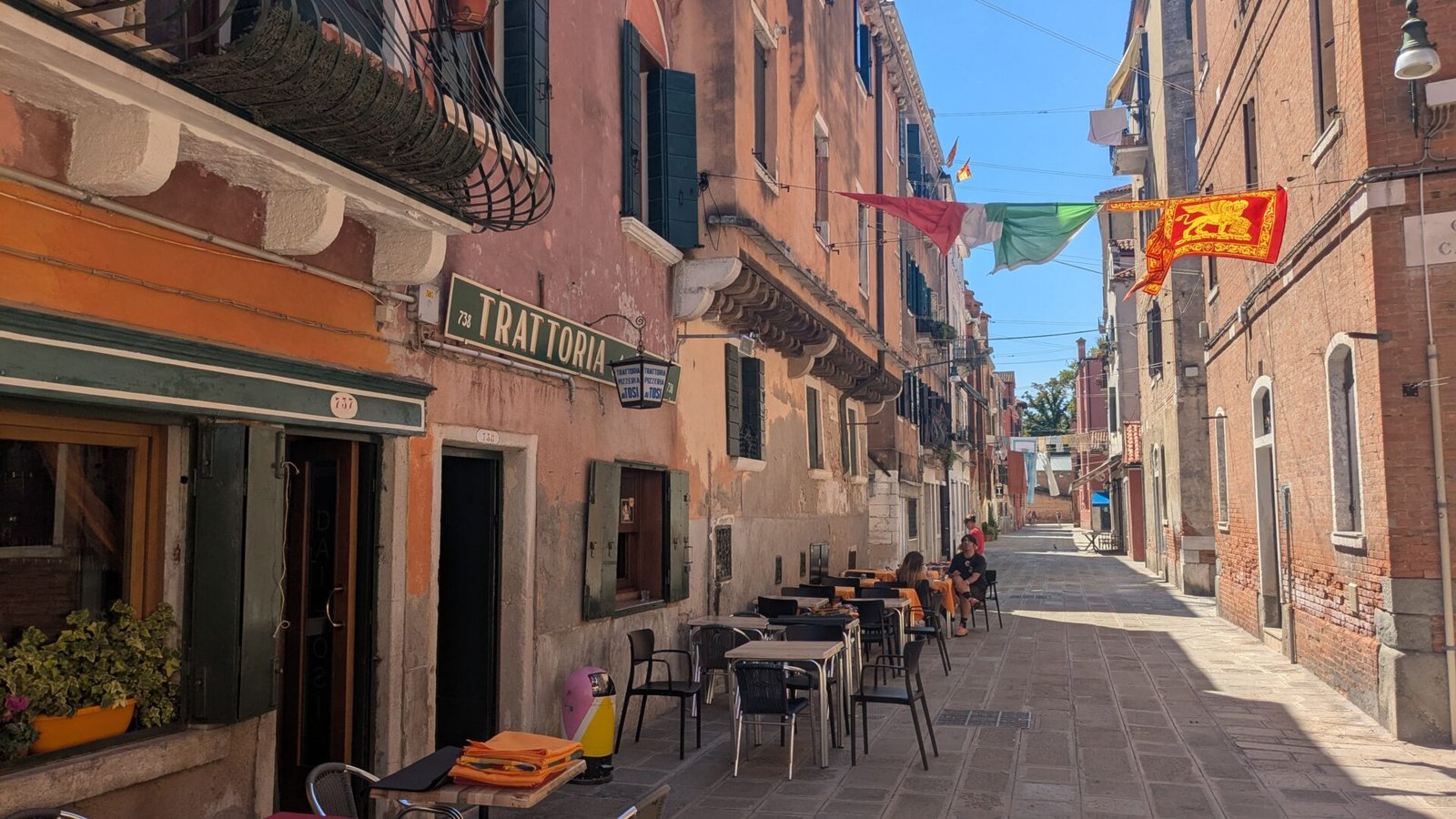
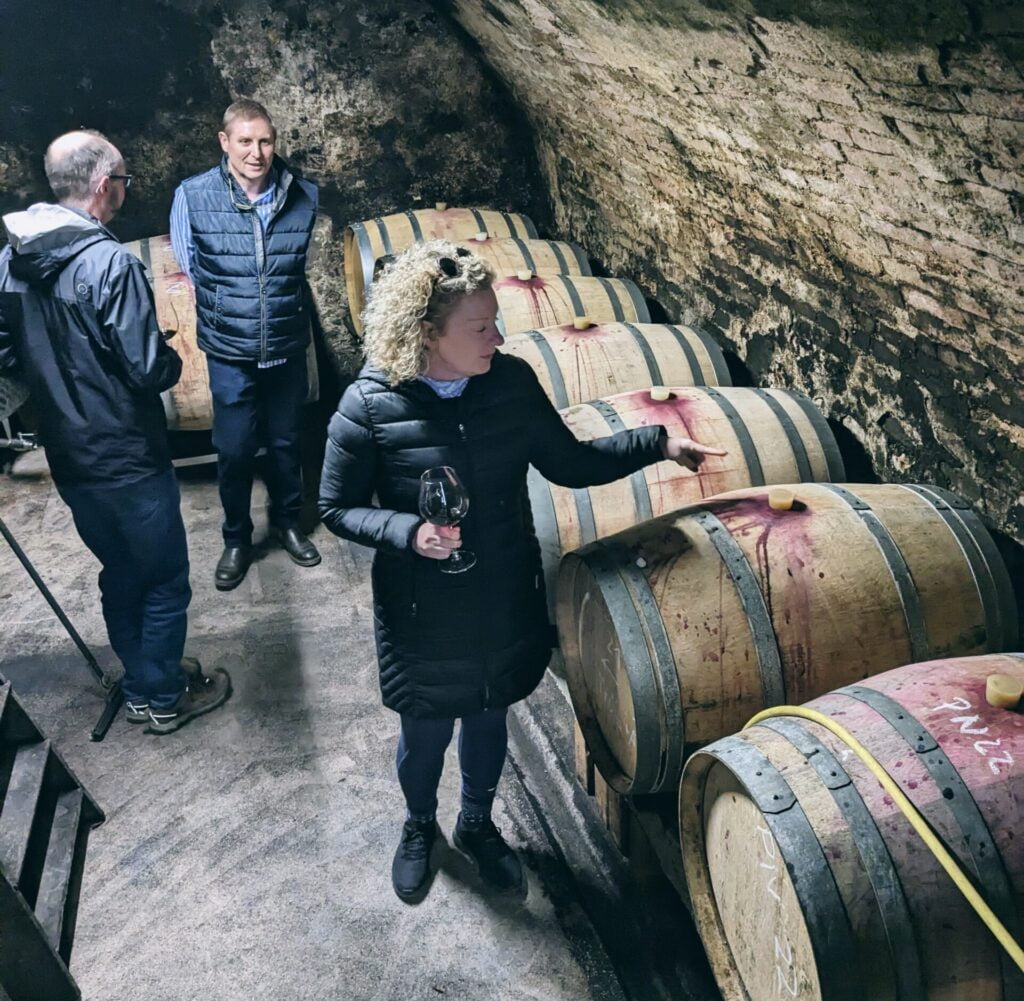
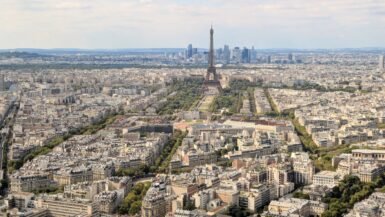

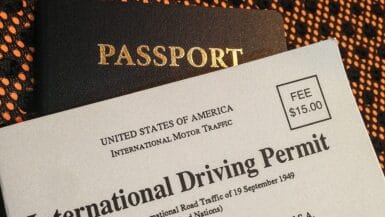
Leave a reply